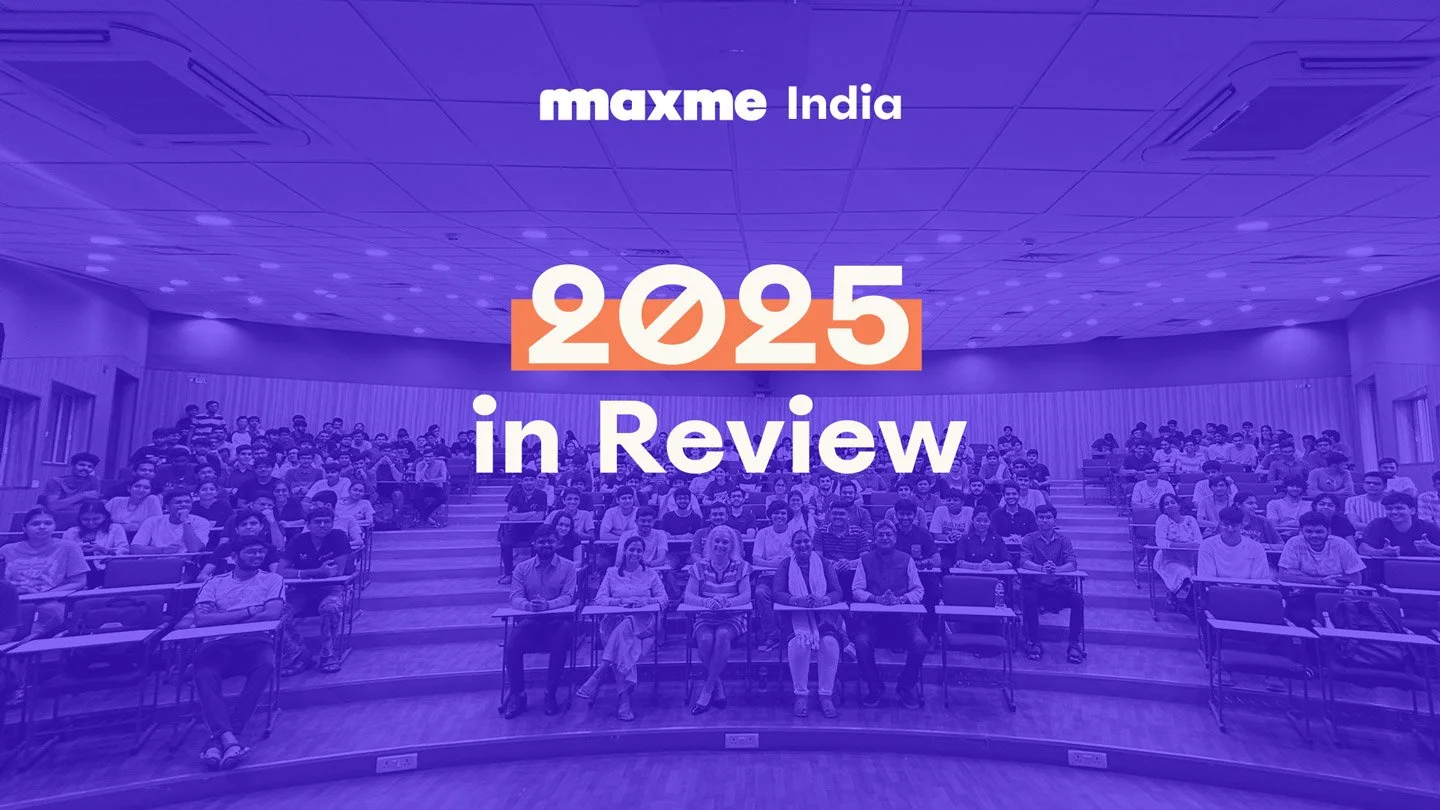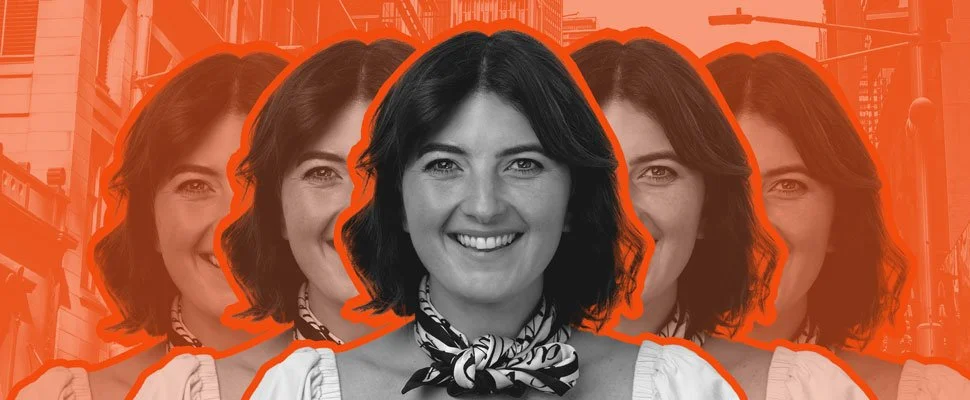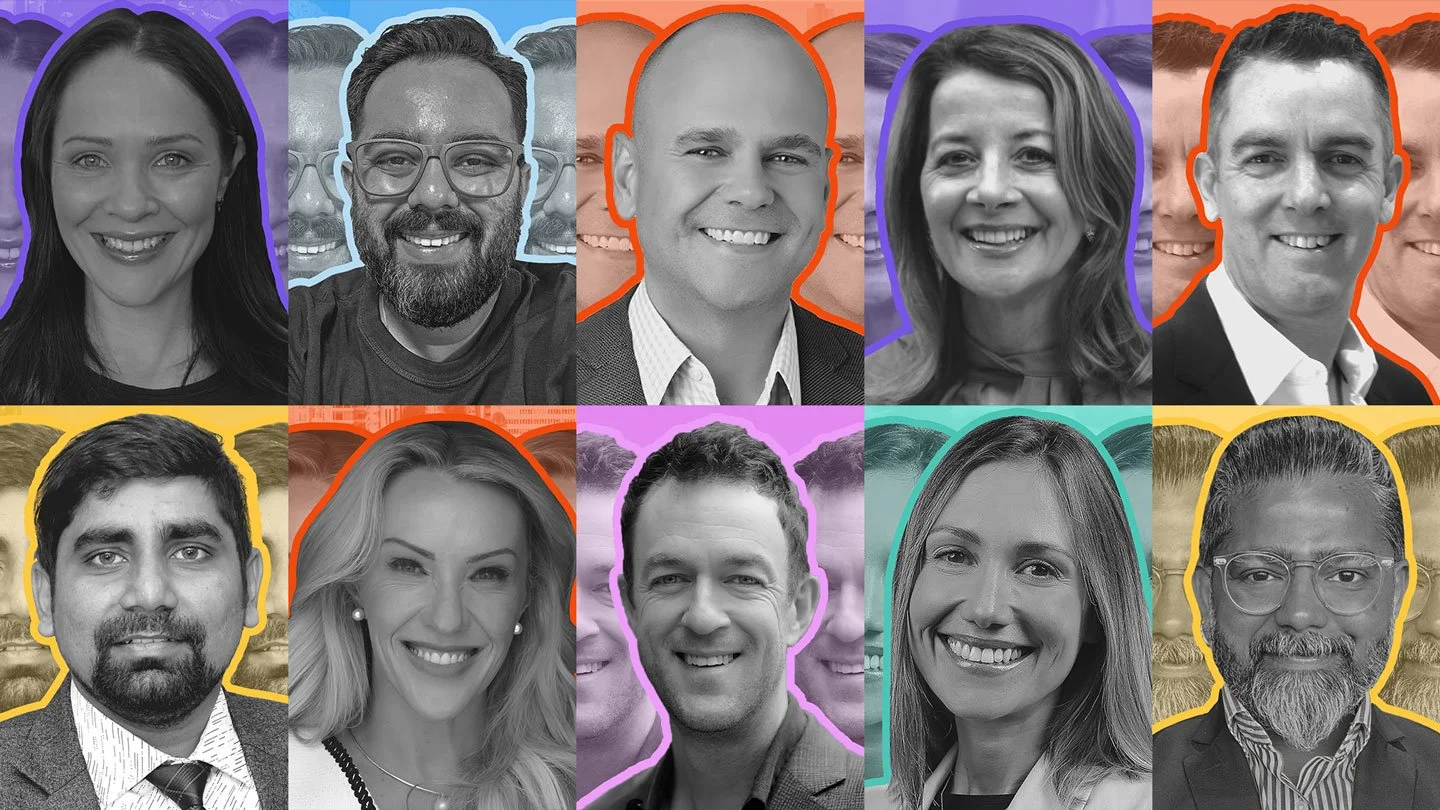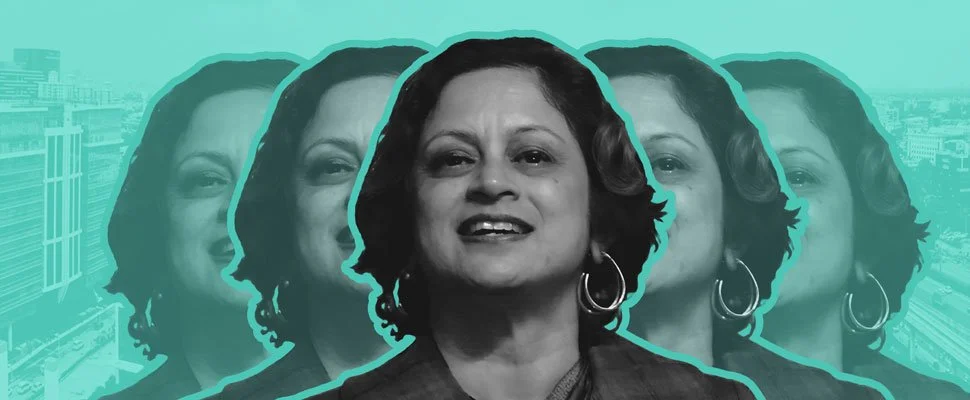Human on the Inside with ERM’s Martin Cory
Maxme: We’re big believers in the power of human skills. But don’t just take our word for it - the evidence for excellence powered by human (‘soft’) skills is everywhere! In this engaging, ever-enlightening series, we speak with industry leaders, innovators and game-changers to learn a little about their personal career journeys, and how human-led strategies, philosophies and cultures are proving a force for good in their working worlds …
Welcome Martin, and thanks for stepping into the #SuccessIsHuman Spotlight!
You’re a Partner & Global Account Director for ERM - the largest global pure play sustainability consultancy partnering with leading organisations around the world.
In 1 sentence (ok, we’ll give you 3), what does your role entail?
Martin Cory: At the highest level my role is simply to listen - to our people, and to our clients. As a Partner in our firm, I love being able to have conversations that consider all of what ERM offers and it's only through conversation and listening that the ideas start to form as to the advice and solutions our people and clients are looking for.
At a more granular level I currently have a commercially centred role that is focused on leading one of our most important global client relationships. I find this to be incredibly stimulating as I get to work across cultures and time zones, and connect our best people with a huge array of leaders within our client’s organisation who can then consider together their most complex strategic and tactical problems.
You gave me three sentences, but I’m branching out into three paragraphs! Lastly, I have the pleasure of leading, mentoring and developing some of our brightest talent as they navigate their career progression in Australia.
M: You’ve been with ERM for over twenty years now - congrats! With that said, your career began in early 2001 with the City of Melbourne as an Environmental Advisor. In this role you supported the development of the Melbourne Sustainable Business Directory, an online corporate research database, over a nine month period. It wasn’t long before your introduction to ERM, however.
In late 2002 you joined as a Consultant, and after almost 5 years, shifted to Senior Consultant in the Firm’s UK headquarters in London where you specialised in Mergers & Acquisitions. Returning to Melbourne in early 2011, you stepped up as Principle, and in mid 2016 were appointed Partner - ESG, M&A Australia. In less than 3 years you progressed to lead ERM’s Mining Services in Australia, holding that role until January 2021 when you moved into your current role as Partner & Global Account Director. That’s quite a ride!
How does all this work speak to your personal purpose and what drives you as an individual?
MC: It has been quite a ride, thanks for taking the time to reflect upon that. I'm very growth oriented and interested in learning, particularly from experiences gained in different geographies and from different people and cultures. I remember one of my earliest mentors encouraging me to never say no to opportunity, even if you're not 90% ready for it, so I guess in some ways I’ve adopted that strategy through my career. I’ve built my career at ERM because of the opportunities it has given me, and I love how I can connect my day to day working life to my personal sustainability values, and in doing so generate meaningful impact to the world in which we live. So I guess having a high level of passion for what I do, and being able to live that professionally and personally really drives me to being the best leader I can be.
M: Tell us a little about your personal education pathway/s - what led you to where you are now? How closely do your formal qualifications match your current career?
MC: To tell you the truth, there’s nothing particularly special about my educational pathway - I’m very much what you would call a generalist. However, with the benefit of hindsight I do feel particularly lucky to have followed my passions. I recall at school I wasn't hugely focused on one career path but I did have a clear passion for nature, the broader environment and the linkage of sustainability to business performance - connecting science to the numbers. Therefore, it was these passions that I most closely associated with environmental science so I guess my original qualification was chosen due to passion and did end up matching my current career. What I find most interesting is that 21 years ago it was hard to explain what an environmental scientist did, even to family, but now the concepts of ESG and sustainability are everywhere and core to business decision making.
M: If you could share one piece of career advice to your 21 year old self it would be ...
MC: ‘Don't be afraid of the silence’. So much of what we do as young people in new roles is to learn - be a sponge, be willing to ask the uncomfortable questions (surprisingly few people know the answers to most questions) and ask them as often as you need. The important part though is to wait for the answer and test your understanding of it - don't just jump in to fill an uncomfortable silence with your voice.
M: Maximising the potential of individuals, communities and businesses through the power of human skills is the reason Maxme exists. Can you tell us a little about the role and / or value of human skills in your workplace right now?
MC: I operate in a people-oriented firm, and our people are our superpower. Being able to maximise the power of your people and their unique human characteristics is absolutely crucial to all workplaces, I believe - it certainly is for us.
We see time and again the organisations that embrace diversity, equity and equality outperform on a range of metrics including safety, productivity, wellbeing and rapid career advancement. This is something that is firmly centred in ERM’s culture and values.
At a personal level, I rely on the technical excellence of our staff to provide the most impactful advice, and it is nearly always the case that those who can articulate clearly, and convey technical insights to a broad audience will be the ones who are most successful.
M: Self awareness sets the critical foundation for all Maxme learning experiences. With that said … what’s your strongest trait / personal super power?
MC: These questions are always tough! There’s probably two aspects that come to mind - 1) being relatable; and 2) being aware of my technical boundaries. Let me explain this - firstly about being relatable. In a consulting business much of our success comes down to being able to form and sustain relationships, and to be successful you need to be able to develop a personal rapport with people quickly - and I've learnt (by making many mistakes along the way) that being relatable is fairly important. Let people in to see at least some of the real you! This may not be important to all careers, but for mine it has been. Secondly about knowing your boundaries - knowing that you don't have to have all the answers or be the expert of everything, even in leadership positions, can in fact be a superpower. I have learnt over time that being aware of your limitations is a real advantage, you just have to get over your own ego in the process.
M: And on the flip side, what’s one human / ‘soft’ skill you’ve had to really work on improving over the course of your career?
MC: This is so interesting and I’ve got quite a few to choose from! Across my career, and particularly as I have taken on more senior leadership positions, the one human or ‘soft skill’ I’ve had to work on is probably to demonstrate higher levels of empathy. In my experience it’s easy to tell yourself to be empathetic but harder to live and breathe. Certainly earlier in my career, and at times throughout, I have been extremely focused on objectives, performance, agility and just the fast paced nature of the work and taking on as many opportunities as I could. While I don’t regret those decisions, I can see with hindsight that this perhaps impeded my ability to be a more empathic leader. So, in short this is something I’m conscious of and continue to work on.
M: If you could share one piece of career advice with recent Uni graduates or candidates keen to work at a company like ERM, what would it be?
MC: I love it when our new graduates are open to opportunities and who aren’t fixed in their ideas from the outset. Sounds simple, but one of the best aspects of being new to your career is there is very little expectation on graduates to be an expert in something (that will come later). Use that precious time to try new things, talk to people, ask the silly questions, jump from project to project without hesitation - after a short while you will start to form an idea in your head of where your interests and strengths lie, and then look to establish a vision as to where to take your career.
M: You’ve been granted approval to add one University graduate to your team, but have 100 applicants, all with outstanding academic results. How do you find your perfect candidate - what are you looking for?
MC: I’m going to talk to them carefully - some of the discussion will be centred around their education or experience at Uni (but I am usually confident on that aspect before I have even spoken to graduates - kind of like your ticket to play), but for the most part I want to learn about them as people. I try really hard to understand what drives them, where their interests are, and recently the two most crucial traits I'm looking for are a) whether or not they can hold a compelling conversation; and b) can I envisage them settling in well and working with our team.
M: In the words of John Dewey, “education is not preparation for life, education is life itself.” What’s next on your #learning agenda?
MC: I don't have any current plans, but I’d love to upskill my knowledge on geology. I used to think geology was pretty boring, but now with the unprecedented demand for critical minerals that are essential to facilitate a rapid decarbonisation of the economy (the demand will more than double by 2030), having a better handle on resource geology will open so many doors. There’s always something to learn!
—
Inspired by Martin’s insights around self awareness, empathy and how to leverage human skills for success in work, the workplace and/or life?
We’d love to help you put those good feels to good use!
Simply download the Hodie human skills app to get started today, or explore our broader menu of Maxme Products & Programs for organisations and individuals alike.
Prefer to talk through your options? Simply contact us at any time.









